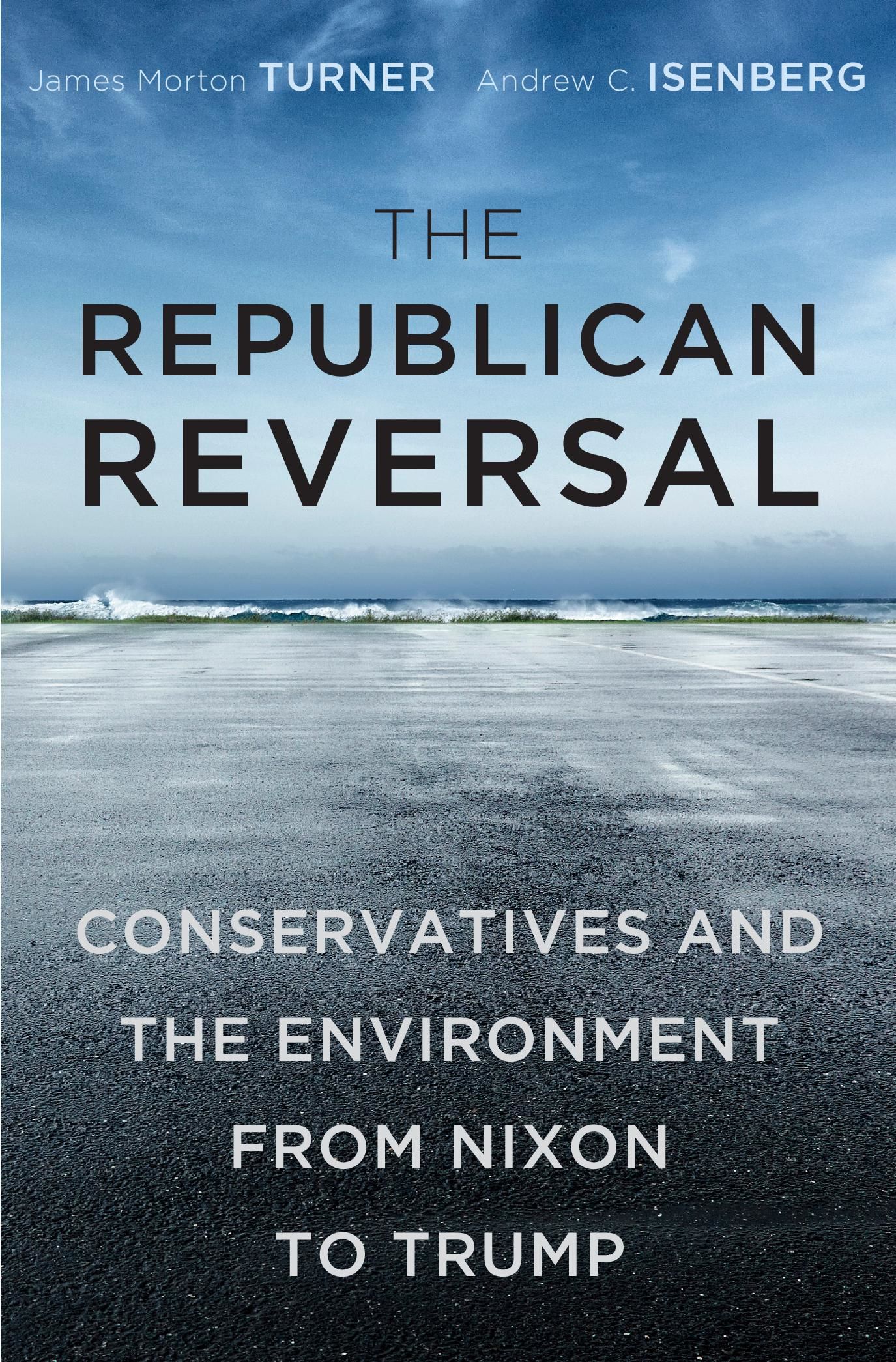In The Republican Reversal: Conservatives and the Environment from Nixon to Trump, historians James Morton Turner and Andrew C. Isenberg offer a more nuanced explanation of the Republican Party’s change on environmental policy, grounded in a shift in the party’s ideology. They point to three factors operating in concert: “rise of conservative ideology, the mobilization of interest groups and activists, and the changes in the environment and the regulatory state.” “Republican legislators were not simply bought off by corporate interests,” they argue. Rather, the alignment of particular economic interest groups with the Republican Party occurred in concert with changes within the conservative movement and the lived experience of those regulated by federal environmental laws. They write, “Big money alone does not fully explain the Republican embrace of the gospel of more.” While business groups—resource extractive industries in particular—certainly played a role by supporting candidates and organizations that opposed regulations restricting resource development, there is also a strong grass-root opposition to federal environmental regulation.
Up through the 1970s, Republicans generally shared the belief that environmental problems required urgent government intervention, accepted the professional expertise of scientists and others calling for environmental action, and thought it acceptable for government to intervene in the economy to protect the environment and public health. Over the past few decades, however, many Republicans have come to see many environmental claims as “alarmist and exaggerated,” have “dismissed professional expertise,” and see environmental regulations as economic burdens that constrain individual liberty. More broadly, as the perceived urgency of environmental problems ebbed and regulatory costs became more apparent, it was natural that some would view additional regulation as a bad deal.
In their account, the Trump administration’s environmental agenda “represented a complete break with an older and equally important tradition of Republican environmentalism that dated back to the nineteenth century.” More broadly, the GOP’s environmental shift is “one of the most profound and far-reaching transformations in modern American political history.” Yet the account they provide suggests a more gradual evolution. As they acknowledge, President Ronald Reagan’s administration had an aggressive deregulatory agenda, much of it focused on environmental rules, but this was hardly the first time a Republican president had questioned the value of federal environmental regulation. Indeed, the Clean Water Act was enacted over Nixon’s veto.
